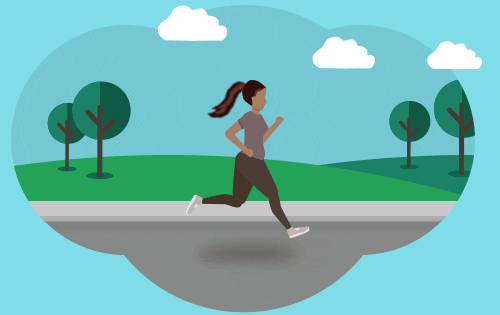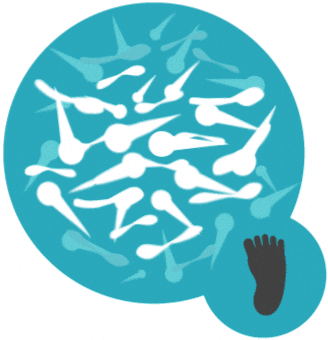Healthy Living with Diabetes:
The Simple Step You May Be Missing
While there is no cure yet for diabetes, there are steps you can take to stay healthy. You may know the basics:
-
Make time for
regular
physical activity.
-
Eat right.

-
Keep up
with medical care.
But there’s an essential step you may be missing: staying up to date with vaccines.
Why is Vaccination Important for
People with Diabetes?
Each year, thousands of adults in the United States get sick from diseases that could have been prevented by vaccines. Because diabetes can make it harder for your immune system to fight some infections, you may be at higher risk of getting certain diseases if you are living with diabetes.


Additionally, people with diabetes are also at higher risk of serious problems from some vaccine-preventable diseases.

People with diabetes are at an increased risk for severe complications, and even death, from some infections.

It can be harder to control your blood sugar levels when you are ill.
Your blood sugar may be high when you are sick. However, sometimes people don’t feel like eating when they are sick, and this can cause blood sugar levels to fall. It’s important to monitor your blood sugar more often when you are sick.














